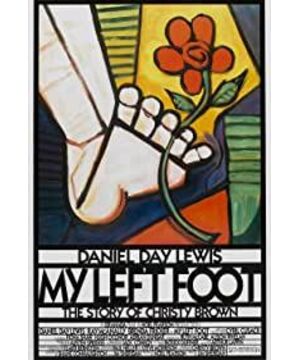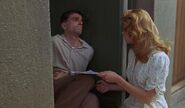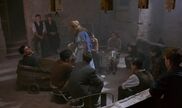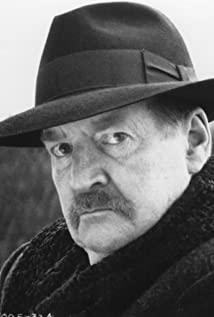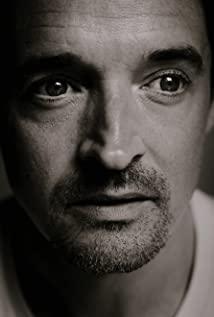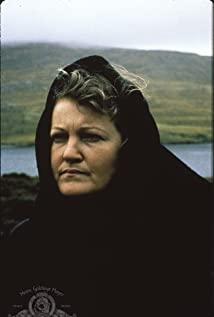View more about My Left Foot reviews
Who said a little bit of grass will get three Chunhui
Trever 2022-10-11 18:33:01
-
Christy Brown: What are you going to do about it, Peter? You're a nice man. What are you going to do about it?
Peter: I'm gonna wheel you out of this restaurant.
Christy Brown: Yeah?
[starts beating his head on the table]
Christy Brown: [chanting] Wheel out the cripple! Wheel out the cripple!
-
[reading a speech Christy has written]
Lord Castlewelland: "I was born in the Rotunda Hospital on June the fifth, 1932. There were 22 children in all, of which 13 survived. It would not be true to say that I am no longer lonely. I have made myself articulate and understood to people in many parts of the world, and this is something we all wish to do whether we're crippled or not. Yet, like everyone else, I am acutely conscious sometimes of my own isolation, even in the midst of people. And I often give up hope of ever being able to really communicate with them. It is not only the sort of isolation that every writer or artist must experience in the creative mood if he is to create anything at all. It is like a black cloud sweeping down on me unexpectedly, cutting me off from others. A sort of deaf-muteness. I lay back in my chair while my own left foot beat time to a new rhythm. Now I could relax and enjoy myself completely. I was at peace. Happy."


